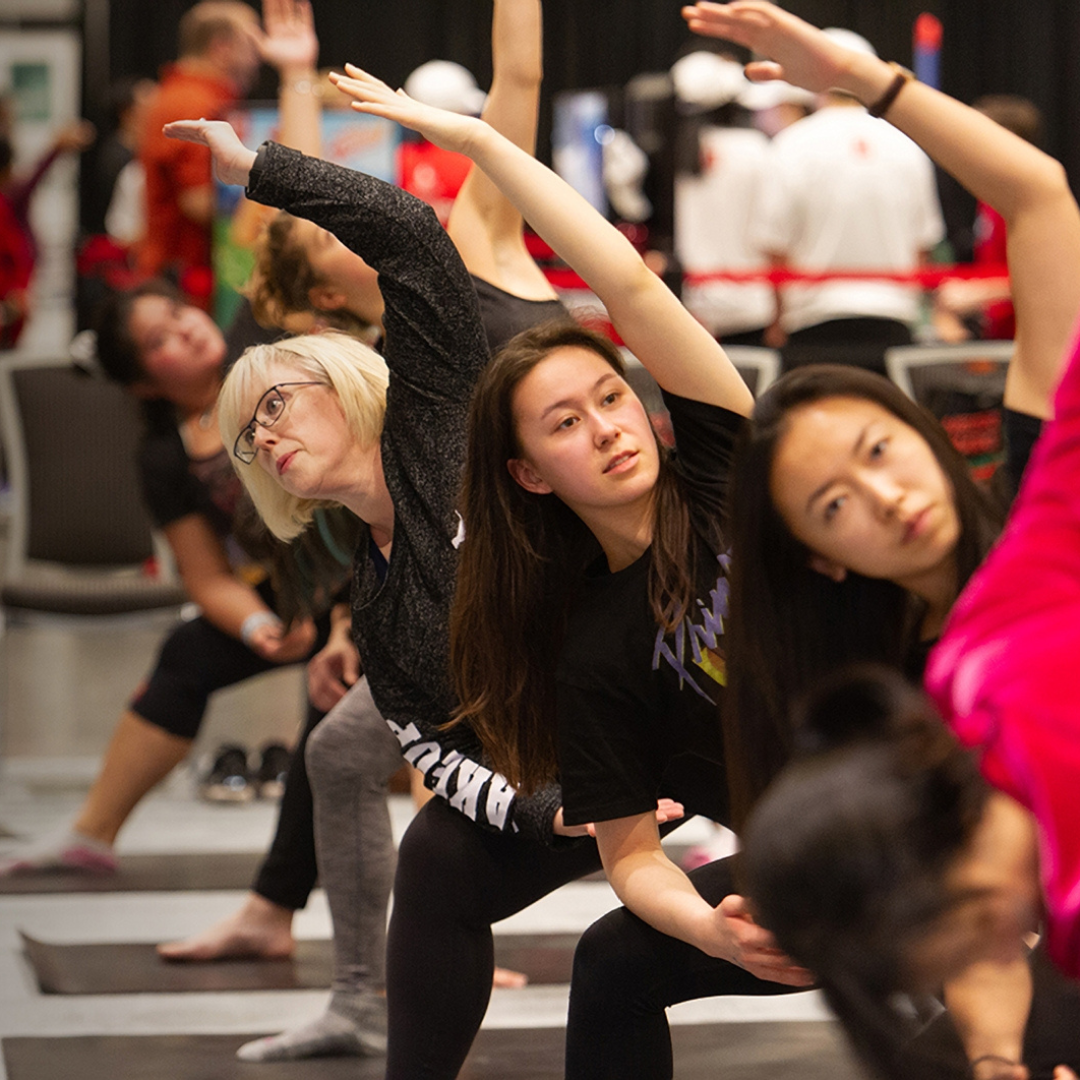The Importance of Down Time
Do you put a lot of value on outcomes and achievements? If you do, you may have a difficult time understanding the benefits of down time. It can be hard to even consider shutting off. High achievers tend toward seeing down time as being too unproductive, or a literal “waste of time.” I assure you, it’s not. In fact, it is a requirement to avoid burnout and fatigue. Here’s why:
- Down time rejuvenates you
- Down time allows your brain to rest
- Down time frees up space for creativity
- Down time lets you connect with your family
- Down time helps prevent depression
- Down time offers you some perspective
 Down time is designed to get you out of the fast-lane of life and onto the country back road. Down time allows you to experience the things you work so hard for, such as your family, your hobbies, your environment, and expressing your true self. Each day that you are working or focused on responsibilities, you can’t fully be in the moment with those you are working for: yourself and your family. What’s the point of all that work if you never let yourself experience the fruit of it?
Down time is designed to get you out of the fast-lane of life and onto the country back road. Down time allows you to experience the things you work so hard for, such as your family, your hobbies, your environment, and expressing your true self. Each day that you are working or focused on responsibilities, you can’t fully be in the moment with those you are working for: yourself and your family. What’s the point of all that work if you never let yourself experience the fruit of it?
In some cultures, down time is built into the structure of society. Many religions encourage a form of down time, whether through fasting, honouring the sabbath, or engaging in a tradition that requires a shift in focus away from career, and toward family and faith. Even in modern secular society, most employment requires a limit on hours worked in a day or days worked in a row. This is to prevent exhaustion and burnout.
Whether you prefer down time to be daily, weekly, monthly, or annually; you should build it into your life as a way to disconnect from what you think matters most and reconnect with what really does matter most.
Here are some ways to build down time into your life:
 Daily
Daily
- Exercise
- 30 minutes of journaling
- 30 minutes of reading
- One-on-one time with family
- Meditation or prayer
Weekly
- Massage
- Date night
- Family game night
- Sunday dinner
- Naps

Monthly
- Host or attend a dinner with friends
- Volunteer in your community
- Engage in a social activity outside your home
- Go to a movie
- Complete an art or hobby project
Annually
- Host or attend a family reunion
- Take a vacation
- Take a “stay-cation”
- Engage in a sporting event
How you engage in your down time isn’t as important as the fact that you need to do it to avoid burnout. Most of all, your example will teach others that it is important to engage in down time to prevent their own fatigue and deterioration of their quality of life. Pick your favourite forms of down time and watch your personal satisfaction increase while your fatigue diminishes.
Related Posts
Family vacation: parenting in another location?
Family vacation: parenting in another location?We got back almost a week ago from a big family trip to the UK and Paris. It was awesome, and I am so, so grateful. We got to do a lot of cool things and make a ton of memories. But it was also travelling with two...
The Power of Collaboration and Connection Between Moms
The Power of Collaboration and Connection Between Moms Guest post by Jenn WintAs an entrepreneur and a solo business owner, I’m in charge of a lot. I wear all the hats—CEO, copywriter, project manager, accountant, HR, stationary purchasing etc etc. Most of the time, I...
Guest article: Wellness trends
Guest article: Wellness trends in 2023 Written by The Wellness Show As we look to 2023, what trends will we see in fitness, food, self-care, beauty and sustainability? The Wellness Show has been at the forefront of wellness trends for the past 30 years, and...





